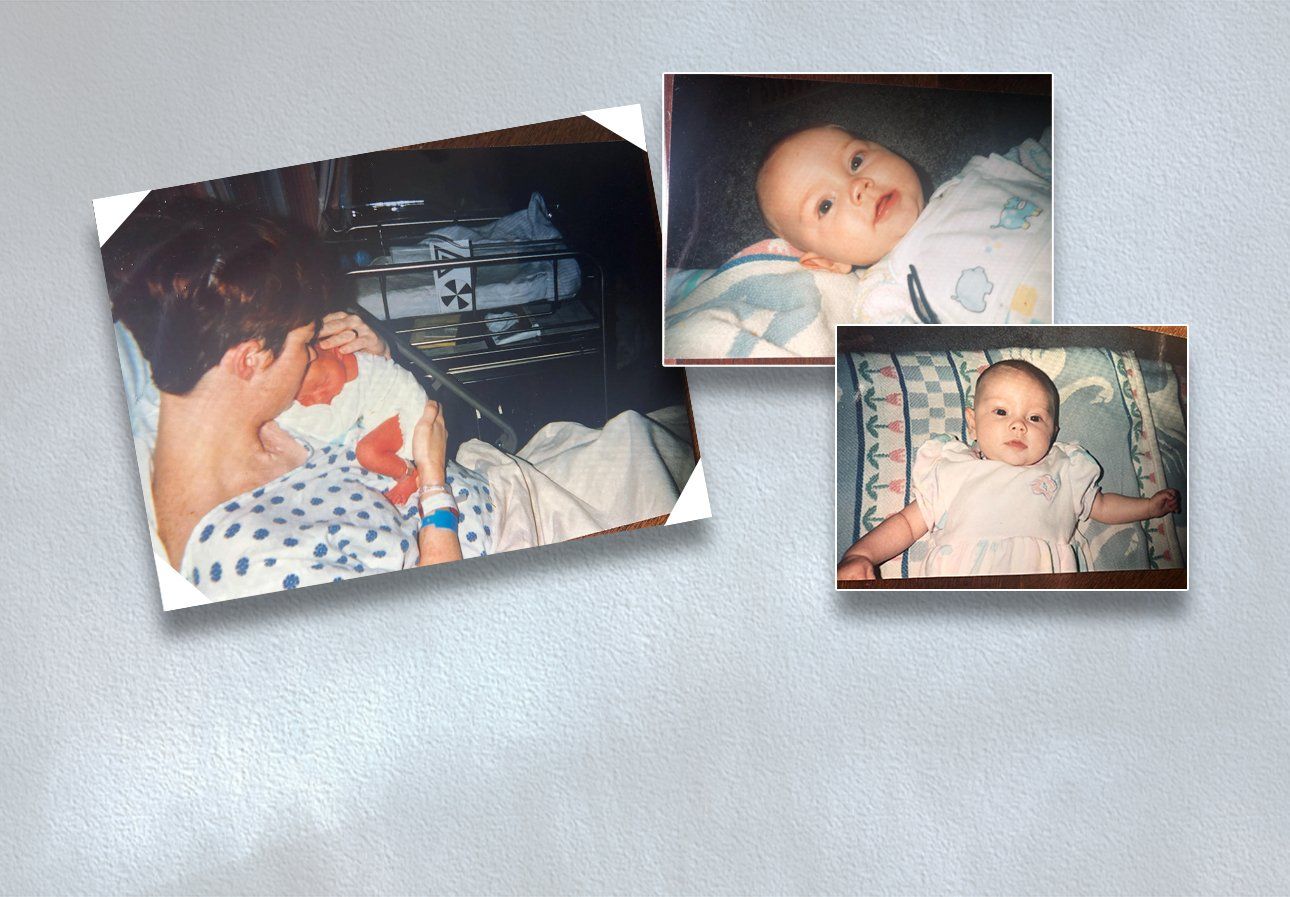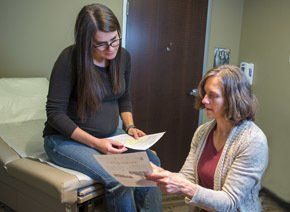What to expect when you’re expecting during COVID-19
The coronavirus pandemic has changed health care, especially when it comes to pregnancy and childbirth. Many midwifery and obstetrics practices have turned to virtual visits for care. For the Center for Midwifery--Longmont, virtual visits are not the only change it instituted for the safety and well-being of its patients. New patient visits to get to know the practice and Longmont United Hospital ’s birthing center have gone from in-person meet and greets to virtual ones. And when you are ready to give birth, hospitals have decreased the number of visitors allowed to attend (in the interests of patient safety).
All of this can feel like your planned birth experience is a bit out of your control and less personal. But never fear, the midwives will try to make your pregnancy journey and birth as comfortable and personal an experience as possible.
Here’s what you need to know about giving birth during a pandemic.
How safe are hospitals?
Hospitals have instituted protocols to ensure the safety of patients and visitors. Rules vary from hospital to hospital. But the general rule is the fewer the number of visitors the better.
Limiting the number of people helps reduce the likelihood of contact with someone who has COVID. In addition, patients who are admitted with the virus are sequestered onto special floors and hospital staff and personnel are not allowed to cross-contaminate. Temperatures are checked daily, health questionnaires conducted, and PPE (personal protective equipment: N-95 masks, shields, hoods, gowns) is worn.
How to make your birth experience the best it can be?
Preparation is key. Talk with your midwife beforehand and tell her what you think you want for your experience. Questions to address are: What are current visitor guidelines? COVID testing guideline? How should your support team prepare, what items should you bring, what is your labor/birth vision? What items are available or unavailable due to COVID?
If I am pregnant, can I or should I get the COVID-19 vaccine?
Yes, you can get the COVID-19 vaccine. As there is limited data on the safety of the COVID-19 vaccine on pregnant women and how it will impact them and their babies, the person’s risk should be considered when deciding to vaccinate. Available data is from animal developmental and reproductive toxicity studies, which indicate that there are no safety concerns. Your midwife has information on the vaccines, so review all information they provide you. Currently, there are studies planned on people who are pregnant, and vaccine manufacturers are collecting data on pregnant individuals who receive the vaccine.
What we do know is that the overall risk of COVID-19 to pregnant women is low, but those who are pregnant and contract COVID-19 are at increased risk for severe illness from the virus compared with non-pregnant women of childbearing age. According to the
CDC, pregnant women with COVID-19 appear more likely to develop respiratory complications requiring intensive care and are more likely to be placed on a ventilator. Some research suggests that pregnant women with COVID-19 are more likely to have a premature birth and their babies are more likely to be admitted to a neonatal unit. So, vaccination may be the right choice for pregnant women, especially those who are part of an essential work class who may be at increased risk of exposure to the virus.
Pregnant women who are part of a group recommended to receive the vaccine may choose to be vaccinated. Recommended groups include health care workers, front line essential workers, and those with underlying health conditions that increase the risk of serious, life-threatening complications from COVID-19. Again, it is a personal choice.
When deciding to vaccinate or not, ask yourself the following questions:
- What is your probability of being exposed to the virus that causes COVID-19?
- Do you have an underlying health condition that puts you at risk for serious side effects if you contract COVID-19?
- What is known about the vaccine, the known side effects, and lack of data during pregnancy?
If you choose to be vaccinated, continue to:
- Wear a mask
- Stay at least 6 feet away from others
- Avoid crowds
- Wash hands with soap and water for 20 seconds
- Use hand sanitizer with 60% alcohol
- Follow CDC quarantine guidance after exposure to COVID-19
One thing is sure even during a pandemic, women still have babies and have them safely. Check-in with your midwife for reassurance. They are the experts and the best sources of information about managing childbirth expectations. The labor, birth, and postpartum period can still be beautiful and empowering….even during a pandemic!


